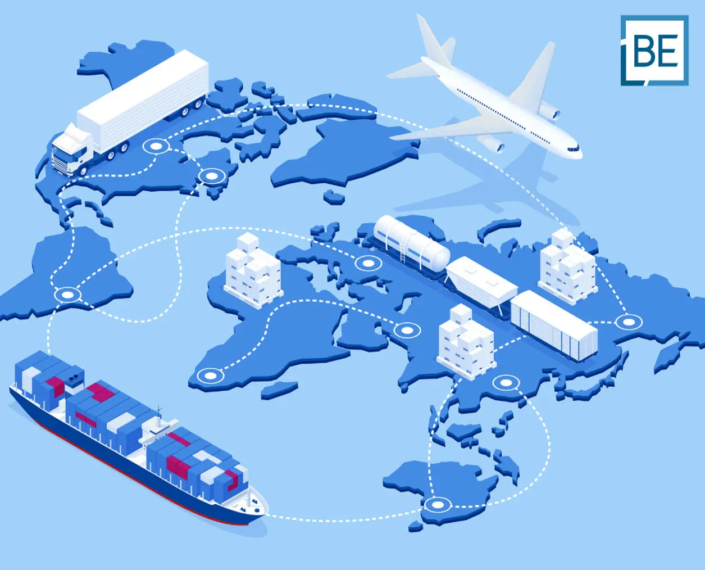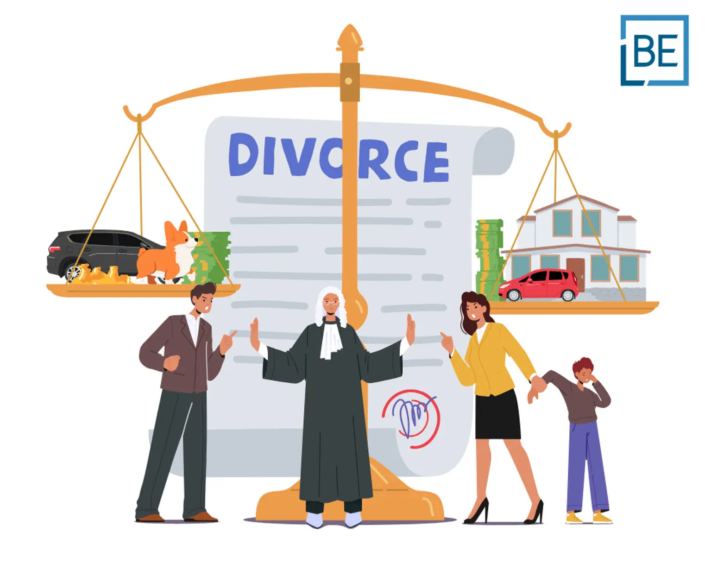Belaws Home ›› Thailand ›› Blog ›› Legalisation of Casinos in Thailand
News
Thailand considering legalising Casinos
08/08/2022
A panel of lawmakers recently submitted a report and blueprint to the Thai Parliament, asking the government to consider issuing a decree allowing “entertainment complexes” to be built in key cities across Thailand. “Entertainment Complexes” are expected to include Casinos and Casino Resorts. A decision is expected from Parliament in September, 2022.
Key points
- Thailand is considering opening Casinos resorts to aid the recovery of the tourism sector.
- Casinos would be subject to a 30% tax on all earnings.
- Thai nationals who are at least 20 and have a minimum 500,000 baht in bank accounts will be allowed to gamble in the proposed Casinos.
To a legalisation of Casinos in Thailand?
The Thai economy is heavily dependent on tourism and this proposal comes as Thailand is looking to revive the industry, which is seen as a key aspect for rebooting the economy. If adopted, the submitted blueprint could help the country generate billions of dollars from foreign investors, travellers and Thai gamblers. This would be a significant bonus as these groups would otherwise look to gamble in neighbouring countries, such as Cambodia.
It is also expected that at least 400 billion baht per year in additional tax revenue would be collected once the proposed Casinos have been opened. According to the proposal, this tax revenue will be earned through the introduction of a minimum of 30% tax on casino operators’ revenue.
Where would the Casinos be built in Thailand?
Under the proposal, Casinos would be built across each main area of Thailand i.e. North, South, East, West and Central Thailand. Bangkok has been touted for the initial casino location, followed by southern provinces such as Phuket, Krabi or Phang Nga.
Popular tourist destinations such as Chiang Mai and Chonburi are also strong contenders as a potential Casino location.
Is gambling legal in Thailand?
Under Thailand’s Gambling Act of 1935, most forms of gambling are prohibited. However, there is a provision which allows the government to issue decrees or licences that would allow the proposals to be legally adopted.
It is this provision on which the panel’s recommendations are built upon.
How could the formation of these Casinos in Thailand look?
While this proposal is in its very early stages of development, not much information relating to how the Casinos will be formed or structured has been released. However, it is expected that public and private partnerships with either domestic or foreign companies could be set up. An alternative option would be issuing operating licences to private firms.
Additionally, under the proposal all Casino complexes must include the following facilities:
- hotels
- amusement parks and
- retail outlets.
The reason for these requirements is to avoid the creation of gambling dens and broaden the appeal of the tourism industry.
Who will be able to use the proposed Casinos?
The Casinos will be open for use to both foreigners and Thai nationals. However, not every Thai person will be allowed to gamble as there is a set of minimum requirements which must be satisfied.
These requirements are as follows:
- The Thai national must be at least 20 and;
- have a minimum 500,000 baht in bank accounts.
The reason for allowing Thai nationals to gamble is due to a couple of different factors. Firstly, foreigner-only properties in Vietnam and South Korea have highlighted how casinos suffer without steady foot traffic. This suggests that it is unlikely that the Casinos will be able to survive or contribute the required amount of earnings by catering only to foriegn guests.
Additionally, Casinos in the Cambodian city of Poipet, which is just across the border, are heavily visited by Thai gamblers. Therefore, this proposition would be a great way for Thailand to encourage these groups to stay in Thailand rather than cross the border.
In conclusion
Following the submission of the blueprint to Parliament, lawmakers will now deliberate on whether to act upon the recommendations. The deliberations are expected to be concluded before the parliamentary recess in September.
If you are interested in learning more about how your business could get involved with the proposals, why not book a consultation with our experts.
Please note that this article is for information purposes only and does not constitute legal advice.
Our consultations last for a period of up to 1 hour and are conducted by expert Lawyers who are fluent in English, French and Thai.
Consultations can be hosted via WhatsApp or Video Conferencing software for your convenience. A consultation with one of our legal experts is undoubtedly the best way to get all the information you need and answer any questions you may have about your new business or project.
USD 150
Up to 1 hour
Online payment (Paypal or Credit card)
Legal consultation can be conducted in English, French or Thai
Legal consultations are handled by experienced lawyers from the relevant fields of practice
Frequently asked questions
Is gambling legal in Thailand?
Under Thailand’s Gambling Act of 1935, most forms of gambling are prohibited. However, there is a provision which allows the government to issue decrees or licences that would allow the proposals to be legally adopted. It is this provision on which the panel’s recommendations are built upon.
Are casinos allowed in Thailand?
A decision is expected from Parliament in September, 2022,.A panel of lawmakers recently submitted a report and blueprint to the Thai Parliament, asking the government to consider issuing a decree allowing “entertainment complexes” to be built in key cities across Thailand. “Entertainment Complexes” are expected to include Casinos and Casino Resorts.
Related posts
Subscribe today
Subscribe today
To our newsletter for all the latest legal news
in South East Asia, Belaws updates and
special promotions on our services.
To our newsletter today for all the latest legal news in South East Asia,
Belaws updates and special promotions on our services.







